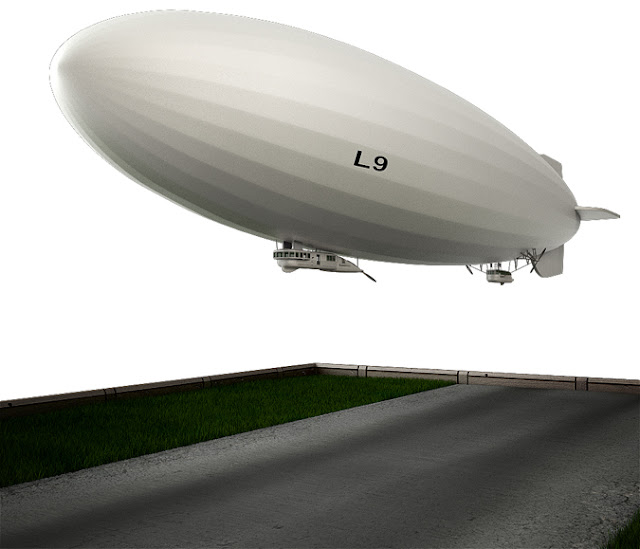ZEPPELIN GERMAN MILITARY.
 |
| ZEPPELIN GERMAN MILITARY. |
In 1907, years before the war, HG Wells described the destruction of entire fleets and cities by airship attack in The War of the air, which reveals that in Europe the possibility of using airships as bombers had thought long before possible.
The name of the legendary English rock band Led Zeppelin is derived from a comment made by Keith Moon, drummer for The Who, who said the nascent band "would come down like a lead zeppelin" ("... like a Lead Zeppelin" ).
Along with the steam engine, the Zeppelin is one of the recurring elements within the aesthetic "steampunk" a detached subgenre of science fiction that tries to set their stories creating a world of technologies of the past.
The second version of the Zeppelin airship was entirely funded by donations and a lottery. A foundation with the same name is also created.
One of the first Zeppelin attacks planned for January 13, 1915. Four Zeppelin were released but bad weather forced them to abort the operation was rescheduled for the night of January 20th. Again bad weather moved in and looked entourage L3 and L4. 24 bombs accidentally fell 50 kg high-explosive and incendiary some 3 kg that hit coincidentally on populations of Great Yarmouth, Sheringham and King's Lynn, and other surrounding villages; the result was four people dead, 16 injured and an economic cost 7740 pounds worth. It was considered the first successful military incursion by the Zeppelin.
The first anti-aircraft weapons were a series of reflectors, pointed to the sky, illuminating the clouds and confused the German crew. Part of the post-war strategy focused on the destruction of such anti-aircraft searchlights.
In 1918, along with several copies of Fokker D. VII, some of the survivors of World War Zeppelin they were claimed by the Allies as compensation.
.jpg)
.jpg)
.jpg)
No comments:
Post a Comment